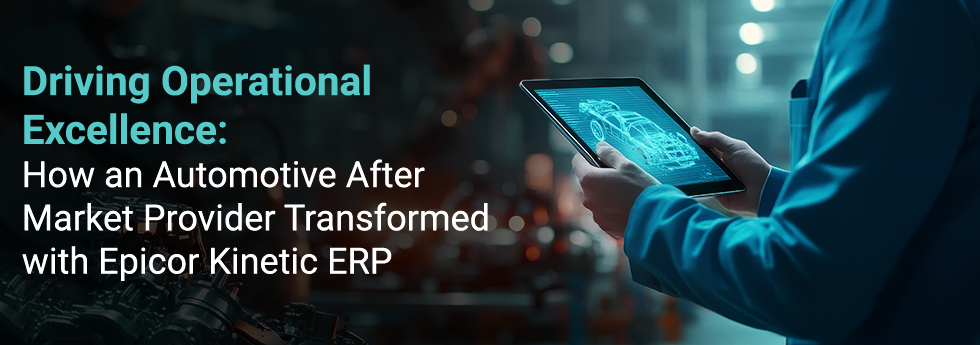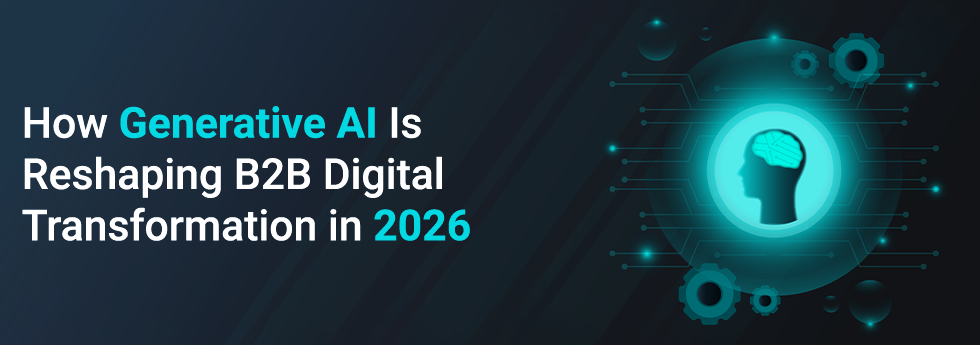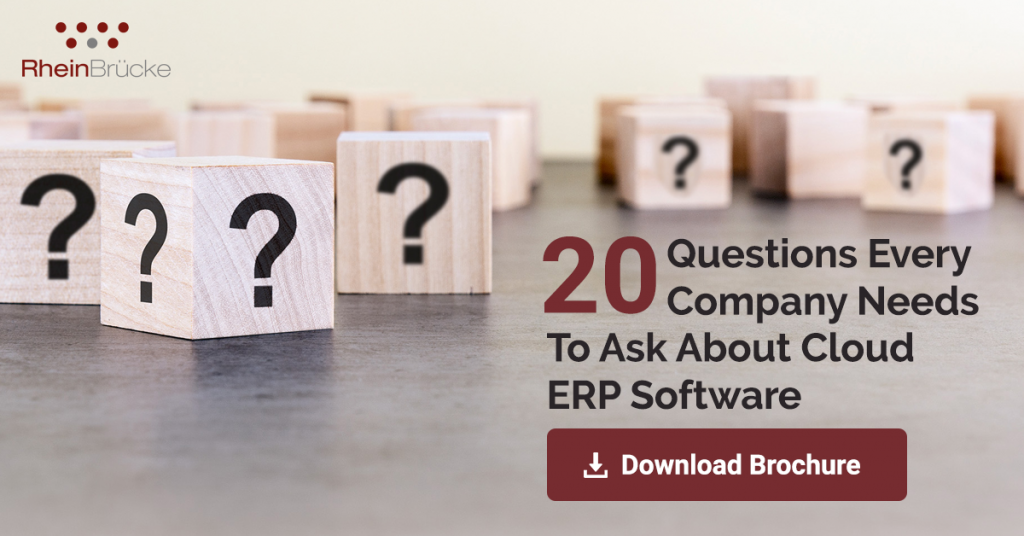
Businesses today are under pressure to keep moving and identify the latest technologies that can let them remain competitive in the global marketplace. Your ERP system has a pivotal role to play in improving your business’s efficiency. A move from your legacy ERP system to a modern one like Epicor ERP 10 that fits your current business needs and industry trends is inevitable to drive new levels of customer satisfaction and business growth.
But, we know that the decision to migrate to a new ERP often becomes daunting and usually brings in more apprehension than excitement owing to the complications and disruptions that need to be handled. But your move to Epicor can become much smoother than you expect if you take some precautions, plan your migration effectively and prepare yourself and your employees for the move.
Here are a few things that you may have to consider when migrating to Epicor ERP for a smooth transition:
1. Understanding your key requirements – The reasons for you moving to Epicor may be different for e.g. your current ERP system might have become obsolete and is not able to keep pace with your growing business or you don’t get some of the process or compliance features that you need for your business. Or you might be looking for a solution that is more suitable for your industry and fits your budget. So, when you are making your move to the new ERP system, it is critical that you clearly understand your business requirements and how you can benefit the most from the Epicor features. You should consider the migration as an opportunity to optimize processes that are inefficiently supported in your current system but can be better supported in Epicor.
2. Consider the cloud – the ERP world has been witnessing a move to a cloud platform, migrating to Epicor ERP offers you an opportunity to consider deploying your ERP on the cloud if you had an on-premise system.
ERP experts consider the cloud to be the future. Migrating your ERP to the cloud offers innumerable benefits like cost savings, easy deployment, reduced risks of downtime and data loss, easier scalability, more mobility and much more. However, there are a significant number of companies that are still looking to host their own application. The decision is completely based on the unique needs of organizations and you should identify what works best for you.
Epicor ERP is cloud-ready allowing you to take advantage of the flexibility of cloud computing and leverage cloud-based technologies and innovation for business transformation. Unlike other ERP providers, Epicor comes with a feature set that is the same in the cloud as it is on-premise, meaning customers do not have to undergo a cumbersome migration process if they wish to move from cloud to on-premise later.
3. Build your team and manage resources – The ERP transition requires a highly dedicated cross-functional team, including IT staff and business stakeholders. For a smooth transition to the new system, assign them roles and delegate responsibilities clearly on how to work with ERP consultants to decide the best techniques and strategies for your Epicor implementation project.
4. Decide on the Customizations needed – Epicor ERP offers many industry-driven solutions that possibly eliminate the need for customizations for your business needs. However, each business is unique and you might have some unique requirements as well. Hence, Epicor provides customization features that can be tailored to meet your business needs. But beware that more customizations you make to the ERP system, the more difficult it becomes difficult to maintain them from release to release. But getting the customizations you need to be done in a controlled manner with a detailed plan can make them effective and ensure that maintaining them during your future upgrades will not become a costly affair.
5. Tackle Data Migration and decide what data needs to be migrated – Data migration is one of the most challenging and time-intensive processes while migrating an ERP. Decide clearly on what data needs to be migrated and what not. Ensure your data from the existing system is cleaned up and organized to ensure its integrity. There are a number of possible utilities and tools that could be used to simplify your data migration process. Epicor has a Data Management Tool specifically to take data from your existing systems and automate much of the work required to import it to Epicor.
6. Invest in Employee Training – Implementing a new ERP system comes with new functionalities and new features to its users. Epicor ERP, of course, is intuitive. But to ensure you get the greatest benefits of your new ERP system, it is important for the end-users, your employees to be trained adequately on the new functionalities and workflow.
7.Find the right Epicor Partner – Considering all the above points can make your move to Epicor ERP more seamless and can bring more value to your business. But the most important factor of all is to identify the right Epicor partner or consultant who can help you with the entire migration process and enable a seamless implementation without disrupting your business activities.
Expert Epicor partners can work with you in understanding your needs, walk you through the business processes and help you map and align your processes to the best practices and functionalities. They should be capable to give you a supporting hand all the way through your ERP implementation for activities like data migration, deployment, testing and go live.
Conclusion
With the above points in mind, your move to Epicor can become a pleasant journey. Epicor ERP can be a strong foundation for your business with access to the latest technology and features like support for Industry 4.0, AI, advanced analytics and much more so that your business can keep evolving and be future-ready.
Our team of expert technicians and consultants at RheinBrucke can make the move easy for you. RheinBrucke is a platinum Epicor partner, recognized as Epicor International Partner of the Year by Epicor software twice in the years 2016 and 2018 respectively. We use a 4-Pillar approach consisting of the four elements – Solution Architecture, Project management, Application Consulting, Support excellence and our expertise in Epicor implementation services, to mould Epicor ERP to fit your business needs and enable your business transformation.




